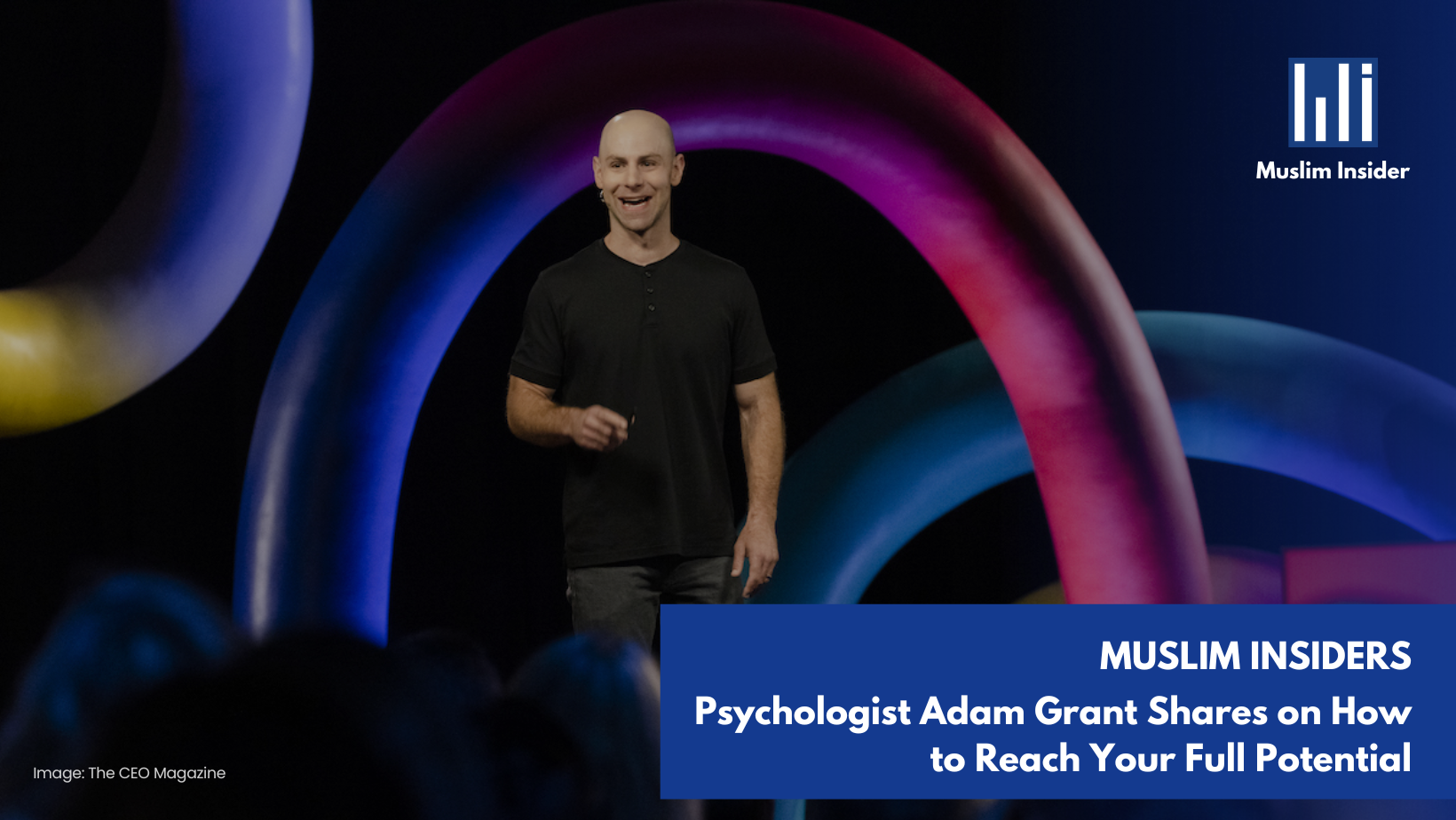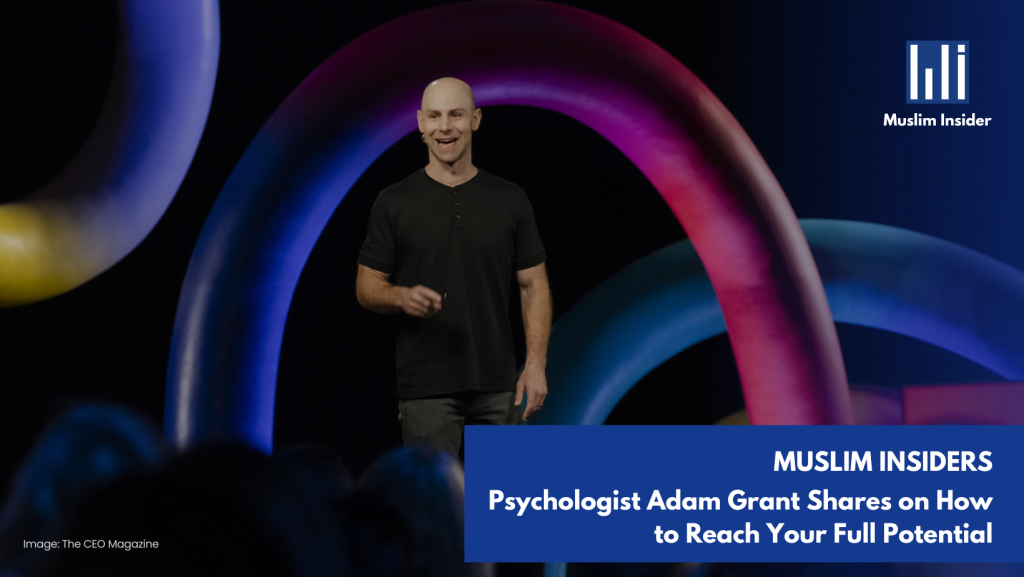

Determining your own full potential varies from person to person. While some others determine that success means that they have reached their potential, others might think otherwise. Some may define polishing their innate talents to their best ability as meaning that they have reached their potential.
Right now, we are going to talk about how success can be found during these adult years. This is to find out ways to navigate the complexities of adulthood and achieve a sense of fulfillment. Psychologist Adam Grant has a solution for those who are struggling to find success. Those who used to be known as the formerly “gifted” kid. Some of you have succeeded during your early days and suddenly find it difficult to achieve things when you are reaching adulthood. Why?
Now, try to think like a “late bloomer”, instead of giving up just because it does not happen to you.
Grant, the psychology professor at the University of Pennsylvania, said that individuals with natural talent are overrated. He said this recently on CNBC’s “Squawk Box.” “Most child prodigies do not grow up to become adult geniuses. And I think that leaves us to really underestimate the slow learners, the late bloomers,” he said.
Slow learners and late bloomers are related but different. Slow learners are individuals who require more effort to grasp new information or acquire new skills. Meanwhile, late bloomers are individuals who reach their full potential later in life, even though they showed no remarkable abilities at an early age. The late bloomers are skilled at converting weaknesses into strengths.
In his newest book, Hidden Potential: The Science of Achieving Greater Things, he writes, “You need to be able to try new things, problem solve and accept mistakes to reach the height of your capabilities.” The challenges that they faced during the early years are the reason why the “slow learners” developed those traits. The traits mentioned are problem-solving, trying new things and accepting mistakes.
A list of things is outlined in his book for individuals to do to reach their own potential. They are:
- Rather than asking for feedback, ask for advice.
- Make new and fun ways to practice your own skills.
- Expect and accept awkwardness during the learning phase.
“The feeling that something is uncomfortable is a signal that you’re about to learn something new,” Grant told the New York Times last month. “That’s a signal we should not only pay attention to but also amplify.”
Also, research has backed up this matter. If someone is an auditory learner and is familiar with audiobooks or podcasts, it does not actually affect their ability to master a certain skill. Gaining character skills can be valuable in the workplace, which helps enhance your potential. Mark Cuban, a billionaire entrepreneur, seeks employees who make the workplace a better place rather than through amazing achievements on their resumes. He said this on Grant’s “Re:Thinking” podcast last year.
Hence, to reach your full potential, it is okay to be at your own pace without rushing to achieve the desired results. Additionally, consistently learning and gaining character skills will improve overall effectiveness in the workplace. Adopting a growth-oriented mentality enables the development of not just technical skills but also the leadership and interpersonal abilities that are essential for success. Understanding the importance of personal development and giving oneself the time necessary to grow and perfect qualities of character promotes a well-rounded strategy for realizing one’s full potential. As you advance, keep in mind that the process is just as significant as the final goal and that every step you take to better yourself will lead to a more rewarding and successful career.




